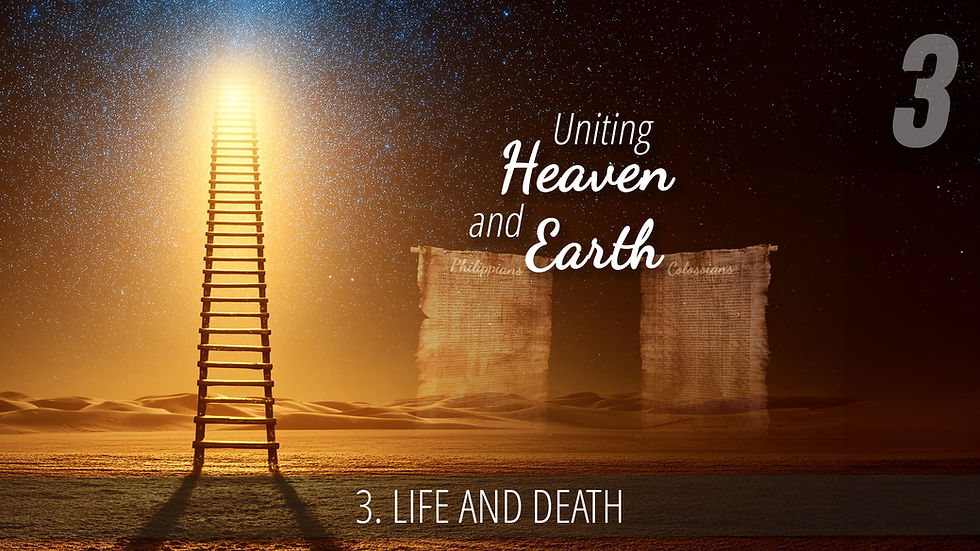8 - Covenant at Sinai | Exodus
- Sep 17, 2025
- 2 min read
In God's kingdom, freedom and decentralization prevail: responsibility is distributed among all. In Satan's kingdom, captivity reigns and everything is centrally controlled. Everyone hands over responsibility to the boss and obeys blindly. Covenants are formed through contracts such as marriage, employment relationships, or buying a house. The rule is that without law there is no covenant. A bond means an agreement and a promise, and thus dependence.
God wants to enter into a covenant with his people. Sin separates man from God. In Christ, he is adopted. However, this is not possible without law. Many believe that the law is only the Ten Commandments. Yet it shows an eternally valid principle of cause and effect. Just because we have the ability to love does not mean that the means of love are present in us. We must take it from God and pass it on. Human beings mistakenly believe that they themselves are the source of love, and thus think that they do not need God.
The two trees in the Garden of Eden symbolize the law of the Ten Commandments: eating from the tree of life means life, tasting from the tree of death means death. Ultimately, the trees and later the law of the Ten Commandments revealed by God regulate the necessity to love (Matthew 22:36-40). We love God by receiving love from God, and we love our neighbor by passing this love on to them. This is the fulfillment of life. And God has made it so that when the spirit lives in this law, it is healthy.
But what in the human heart makes it so difficult, and why do we all destroy ourselves? Because of the false identity in his heart, man can no longer satisfy his need for love and therefore he must die. But before he dies, God wants to make him aware through sickness that something is wrong with him. God wants to create clarity about us through the covenant. The law shows what must die in us so that we can become children of God. More on this in the eighth part of the series “Exodus.”


